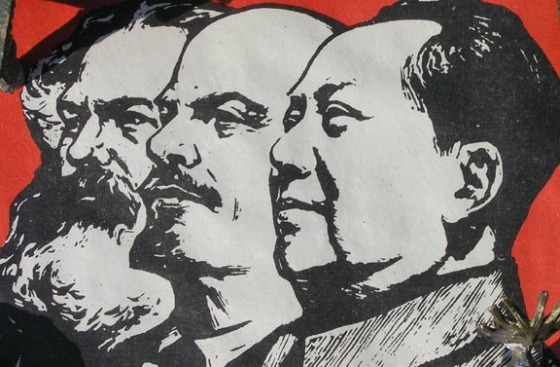Puppet masters in Tibet - TLC 18
The endless Tibetan knot is the cycle of existence, said a monk. Existence is attachment, loss and suffering. Grasping is suffering. Suffering is an illusion. Let go.
Regrets and fears are monkey mind movies.
Pure joy, compassion, gratitude and forgiveness are clear.
Easy to say, hard to do be do.
Work like you don’t need the money. Dance like nobody’s looking. Love like your heart’s never been broken.
Nothing behind. Everything ahead, said Meditation.
Chinese-Tibetan puppet leaders in Lhasa informed monks they would increase patriotic re-education classes in monasteries. Re-education Through Reform, ideology, propaganda and fear-based thought control is the way comrades. We have Power and Control using fear and intimidation.
We wash your brain daily.
The Chinese, after looting and destroying 2,700 monasteries and killing millions in Tibet before, during and after the Cultural Revolution restricted the number of monks at the three major Lhasa monasteries, Sera, Drepung and Ganden. They recruited Tibetans as spies to live and work in monasteries.
This system proved effective from 1966-1976 when family members reported on each other neighbors and capitalist running dogs. It was a practical peoples’ campaign of fear and suspicion creating paranoia and ideological control.
Monks and nuns in monasteries who resisted or questioned this form of subtle or overt patriotic brainwashing risked imprisonment, torture and death. They knew what happened to monks and nuns at the notorious Drapchi Prison outside Lhasa.
“There are two kinds of suffering,” said a girl weaving wool carpets outside her yurt on the Tibetan plateau hearing wild blue rivers sing below mountains. “Suffering you run away from and suffering you face.”
Inside Drapchi, Chinese guards beat nuns and monks with rubber hoses filled with sand. They applied electric cattle prods to genitals, sending wire-cranked juice into skeletons, extracting screams.
“Denounce the Dalai Lama,” ordered an illiterate PLA soldier from Human Province. He tightened metal around a nun’s wrists until she screamed.
“Never.”
He wiped her blood off his broken glasses and increased pressure. Someone had to do this dull job.
“Save my face,” sang a Fujian university student, an innocent ignorant invisible victim of the one-child genocide policy. She wrung out a mop of spider webs creating water rainbows before swabbing a classroom. 15,001 students had failed higher-level exams for more prestigious institutions. They settled for this. No choice. She washed uneven crumbling cement floors with strands.
Operatic actors offstage fashioned animist death masks for a performance with a funeral formula.
“This is not a fucking rehearsal,” directed Altman. “Get to the verb.”
“Arrive on time, know your lines and wait for the check,” said the Tibetan weaver as radioactive light shafted mountains.
Rational speaking animals mumbled sounds, words, coalescing consonants, vowels and syllables. Etyms dancing with atoms made up everything with axioms of choice.







 Share Article
Share Article 




